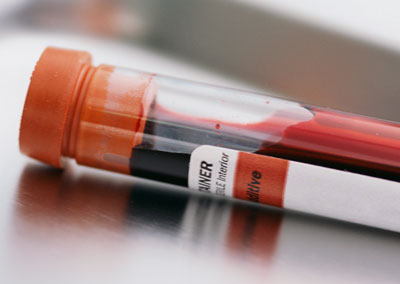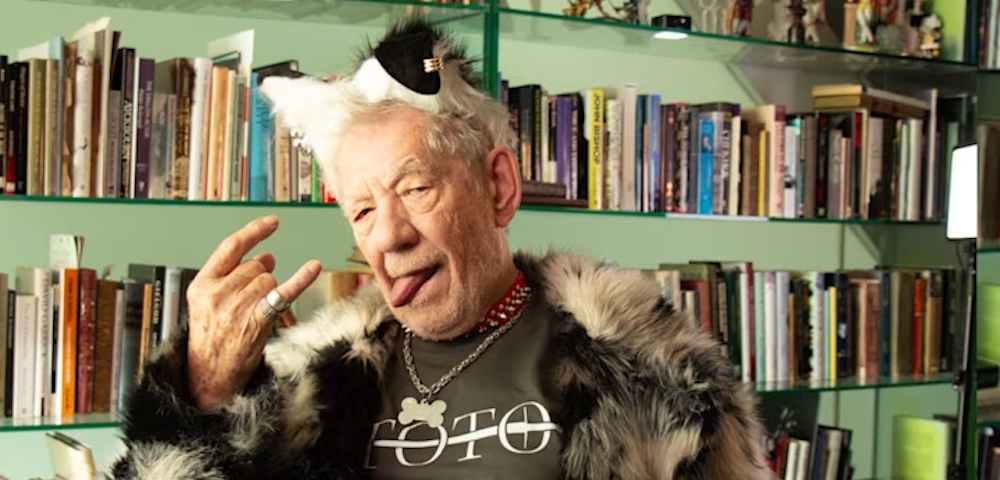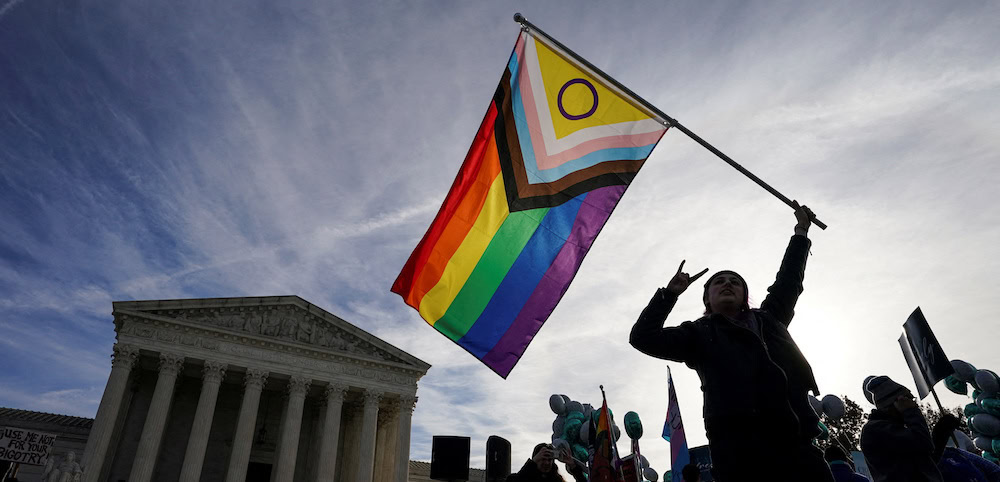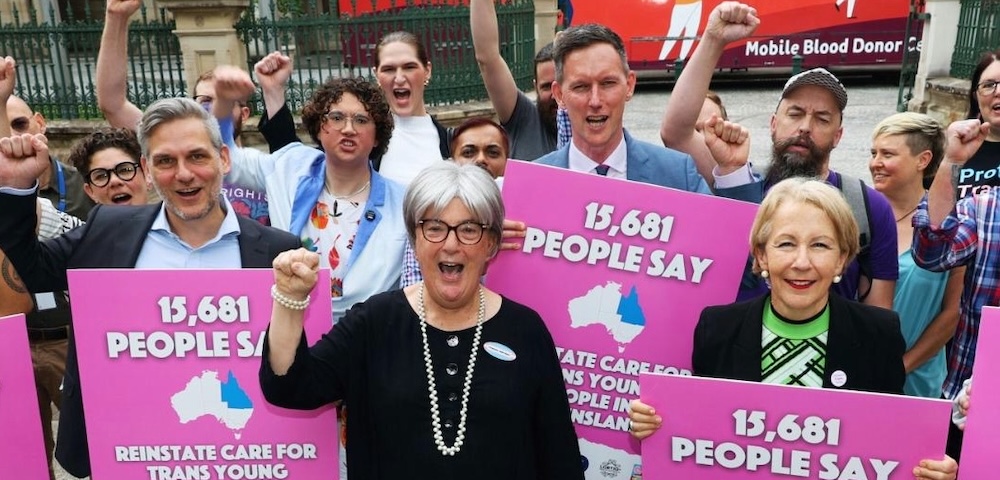
NSW records lowest number of new HIV diagnoses in more than four years

NEW South Wales has recorded its lowest number of new HIV diagnoses for a single quarter in more than four years, with the NSW Government declaring it is on track to end HIV by 2020.
The announcement that just 70 new HIV infections had been diagnosed in NSW – a 22 per cent decrease when compared with the average for the same period in the previous six years – was made on World AIDS Day.
NSW Health Minister Jillian Skinner described it as encouraging to see that the community heading in the right direction in the fight against HIV.
It was also revealed that there had been a 27 per cent increase in STI testing in sexual health clinics compared with the same period in 20155, a 34 per cent in crease in testing among men who have sex with men, and 92 per cent of people diagnosed with HIV attending sexual health services are on treatment.
“Around 9,800 people in NSW live with HIV but around seven per cent are unaware they are infected. We must – and will – change this,” Skinner said.
The achievements are credited to a combination of increased testing to detect infections earlier, high treatment coverage and uptake of pre-exposure prophylaxis (PrEP) and targeted community education programs.
ACON president Dr Justin Koonin said the introduction of PrEP played a significant role in the reduction of HIV transmission in NSW.
“We acknowledge the strong leadership and support of the NSW government, led by Minister Skinner, which has made progress towards our goals possible,” Dr Koonin said.
“The data released today indicates that gay men have heard the message and are rising to the challenge of ending HIV by testing for HIV more often, getting on treatment early if they’re diagnosed with HIV, and staying safe by using condoms, taking PrEP if they’re HIV negative or maintaining an undetectable viral load if they’re HIV positive.
“On World AIDS day we thank gay men throughout NSW for joining us in our efforts to eliminate the virus. However, while these figures certainly indicate that we’re heading in the right direction, we need to ensure we maintain the vision, innovation, vigilance and investment that have propelled us to this point in our efforts to end HIV.”
The NSW Government also announced a new free service to make testing for HIV easier and more private. The Dried Blood Spot (DBS) HIV Testing Service allows people to order a test online and take a sample without visiting a clinic, with the sample submitted by mail and results received by phone call, text message or email.
Dr Koonin called on the community to work together to help reduce HIV transmission further.









